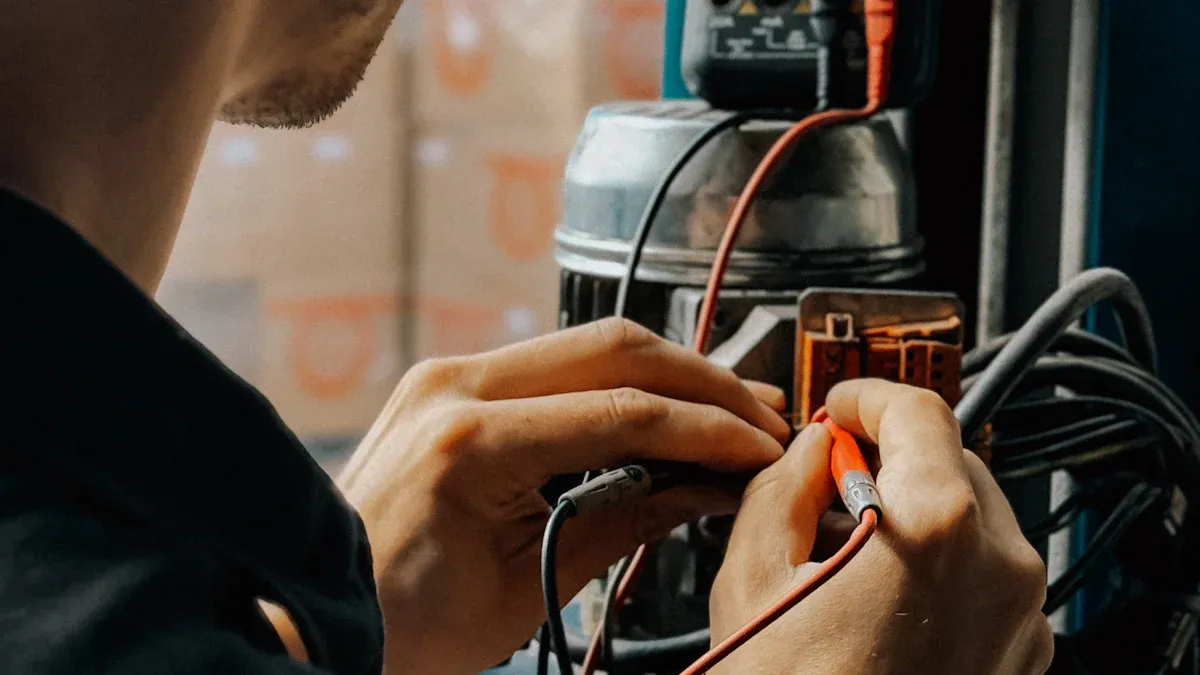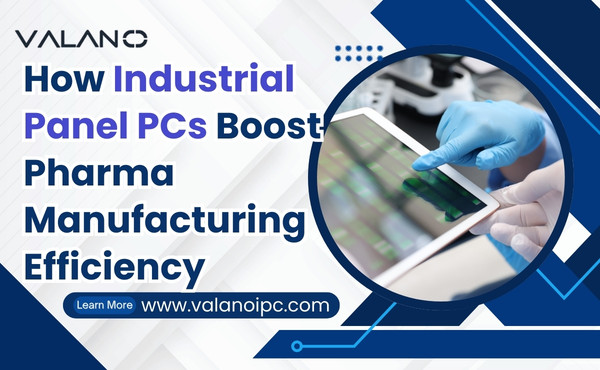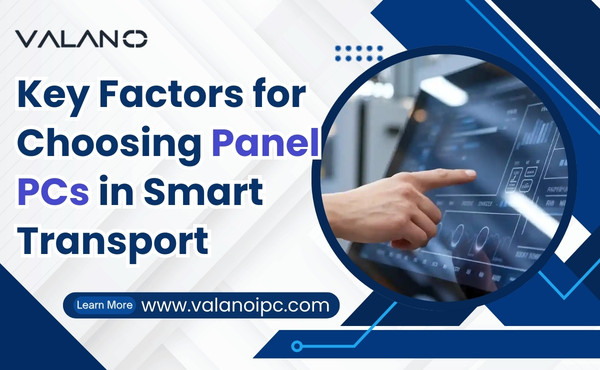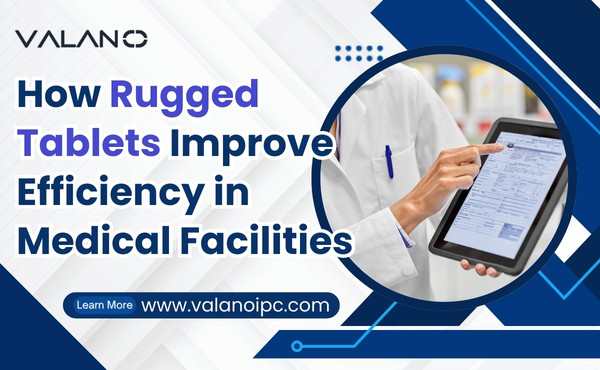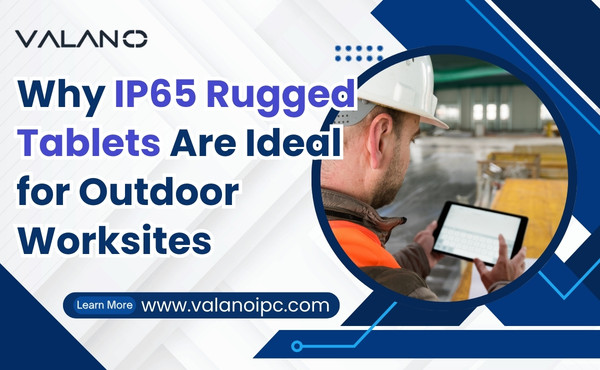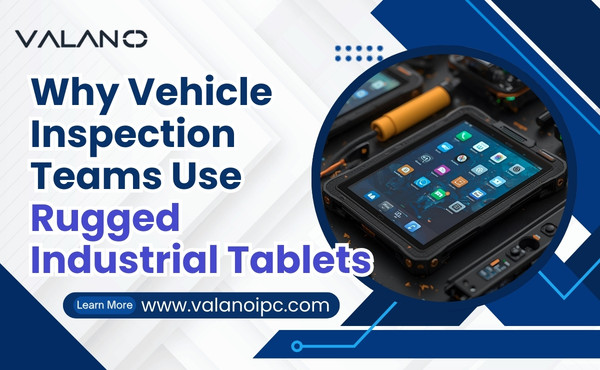Industrial PCs often require a higher initial investment than PLCs. However, they may deliver better value over time in complex applications due to their flexibility and ability to handle advanced tasks. Value depends on more than price; performance, scalability, reliability, and long-term expenses all play a role.
Cost Comparison
Initial Investment
The initial investment for industrial pcs usually stands higher than for a programmable logic controller. An ipc often requires more advanced components and a larger industrial panel pc, which increases the hardware cost. Many companies choose a programmable logic controller for simple automation tasks because the initial investment remains low.
Industrial pcs, especially when configured as an industrial panel pc, can handle more demanding applications from the start. This flexibility comes at a higher initial investment. However, as system complexity grows, the gap in initial investment between an ipc and a programmable logic controller may shrink.
Ongoing Expenses
Ongoing expenses can change the total cost picture over time. An ipc can support software updates, additional features, and hardware upgrades without major changes to the system. This reduces the need for frequent replacements and lowers long-term cost.
A programmable logic controller may seem less expensive at first, but adding more computing power or peripherals increases the overall cost. Each upgrade or expansion often requires new modules or even a new controller. Companies should consider both the initial investment and the ongoing expenses when choosing between an ipc and a programmable logic controller.
Note: The total value of industrial pcs or an industrial panel pc becomes clearer when factoring in both initial investment and ongoing expenses.
Performance and Scalability
Industrial PCs Capabilities
Industrial pcs offer strong performance for demanding industrial tasks. An ipc can process large amounts of data quickly and run advanced software. Many factories use an industrial panel pc to control multiple machines at once.
An ipc supports easy upgrades. Users can add memory, storage, or new features as needs change. This flexibility helps companies handle new challenges without replacing the entire system.
The performance difference between an ipc and other controllers becomes clear in complex environments. Industrial pcs can manage high-speed data, advanced graphics, and real-time analytics. An industrial panel pc often supports multiple communication protocols, making it easy to connect with other devices.
Programmable Logic Controller Limits
A programmable logic controller works well for simple tasks. It controls basic machines and handles routine automation. However, the performance difference appears when tasks become more complex.
An ipc can scale up to meet growing needs, but a programmable logic controller faces limits. Adding more functions often requires extra modules or a new controller. This makes it harder to expand or upgrade.
Industrial pcs provide better value for projects that need advanced features or future growth. They support more software options and can adapt to changing requirements. Companies should compare the performance difference before choosing between an ipc and a programmable logic controller.
Reliability and Lifespan
Ruggedization of Industrial Computer
An industrial computer must survive harsh environments. Manufacturers design these systems to resist dust, moisture, and extreme temperatures. Many models use fanless cooling and solid-state drives to reduce moving parts and lower the risk of failure.
Note: Rugged features help industrial pcs operate in factories, warehouses, and outdoor locations.
Some industrial pcs include shock and vibration resistance. This protection keeps the system running even when machines nearby create strong vibrations. These features make industrial pcs a good choice for settings where reliability matters most.
Service Life
Service life affects the total value of any automation system. Industrial pcs often last longer than standard computers because of their rugged design. Many users report that these systems run for years with minimal downtime.
A programmable logic controller also offers a long service life. However, upgrading or expanding a PLC system can increase the software cost over time. Industrial pcs allow users to update software and hardware more easily, which can extend their useful life.
- Industrial pcs support regular software updates.
- Users can replace parts without changing the whole system.
- This flexibility helps companies save money in the long run.
A longer service life and easy upgrades mean lower replacement costs. Companies should consider both reliability and lifespan when choosing between an industrial computer and a PLC.
Value Summary
Quick Comparison
A side-by-side comparison helps readers see the strengths and weaknesses of each option. The table below shows how industrial pcs and programmable logic controllers compare in key areas.
| Factor | Industrial PCs | Programmable Logic Controllers |
|---|---|---|
| Initial Cost | Higher | Lower |
| Ongoing Expenses | Lower with upgrades | Higher with expansions |
| Performance | Advanced | Basic |
| Scalability | Easy to expand | Limited |
| Reliability | Rugged and long-lasting | Reliable but less flexible |
| Total Cost of Ownership | Lower for complex projects | Lower for simple tasks |
Tip: Companies should match their choice to the complexity of their application.
Industrial pcs offer better value for projects that need advanced features, future growth, or high-speed data processing. An industrial panel pc works well in environments where flexibility and performance matter most. Programmable logic controllers provide good value for simple automation tasks with limited expansion needs.
Choosing for Your Budget
When to Choose Industrial PCs
Industrial pcs work best for projects that need advanced computing or future growth. They handle large data sets, real-time analytics, and complex automation. Many companies select these systems for tasks that require high performance and flexibility.
A team can upgrade industrial pcs with new hardware or software as needs change. This reduces the need for full system replacements. Over time, this approach can lower the total cost for complex operations.
Tip: Industrial pcs often support multiple devices and communication protocols. This makes them a strong choice for factories with many machines or changing requirements.
Choose industrial pcs if your project demands advanced features, frequent updates, or integration with other systems. These computers provide value when long-term savings and adaptability matter most.
When to Choose PLCs
A programmable logic controller fits simple automation tasks. It controls basic machines and handles routine processes. Many teams pick this option for projects with a limited budget or straightforward needs.
The initial cost for a programmable logic controller stays low. This makes it attractive for small operations or single-purpose machines. Upgrades may increase expenses, but for basic tasks, the system remains affordable.
Note: A programmable logic controller offers reliable performance in stable environments. It works well when the application does not require frequent changes or advanced computing.
Select a programmable logic controller if your project has a fixed scope and does not need future expansion. This choice helps keep costs down for simple, reliable automation.
Conclusion
Industrial PCs deliver better value for complex or growing applications, while PLCs suit simple, fixed tasks. Each option has strengths in cost, performance, and reliability. Readers should match their choice to the needs and future plans of their project.



